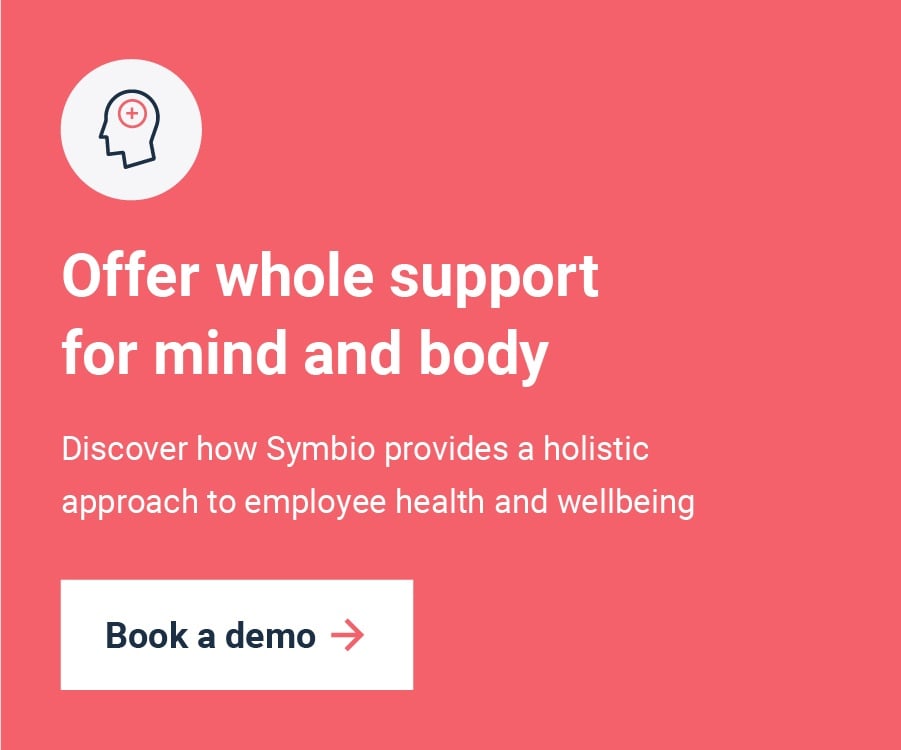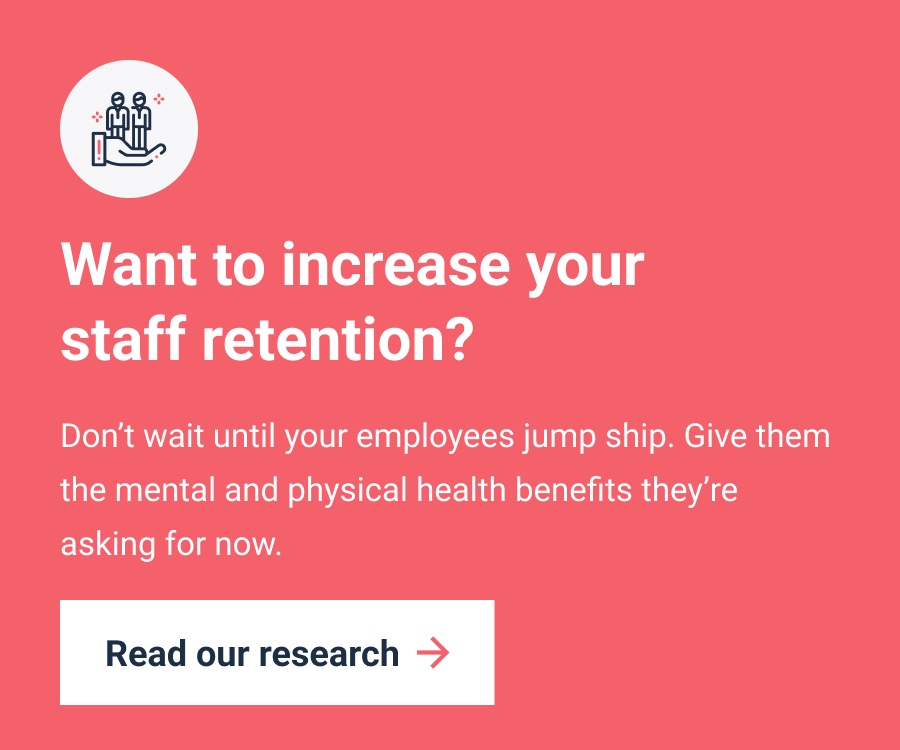The NHS crisis has been hitting the headlines recently: a shortage of GPs, funding shortages and budget cuts in social care are just a few of the issues you may have heard about. But what does the NHS crisis actually mean for you, the health and wellbeing of your employees and members, and the wider business impact?
We understand it’s difficult to keep up with the persistent news stories, so we’ve put together a summary of the key things happening in the NHS and how the NHS crisis could impact your employees and members everyday health.
Problem #1 – The deficit.
In 2012 the government brought in the UK Health & Social Care Bill with the goal of finding £20 billion in efficiency savings. In 2015, NHS England introduced its 5-year plan to find £22 billion efficiency savings.
Problem #2 – The demand.
The UK population is growing at just less than 1% each year (0.7% in 2017). Due to modern medicine, our life expectancy has increased steadily over the last few decades. The result is an ageing population. In 2016 there were 285 people aged 65 and over for every 1,000 people aged 16 to 64 years (“traditional working age”), Office of National Statistics 2017.
This creates two problems for the NHS. Firstly, as we age, we tend to have more complex health conditions and therefore visit the GP more frequently, costing more to NHS budgets. Over 65-year olds cost the NHS double, whilst over 85-year olds cost the NHS nearly 6 times more. Secondly, with more people of pensionable age, there are fewer of us contributing to taxes that fund the NHS.
The most concerning issue the NHS face with the modern-day patient is the dangerous pairing of obesity and age, driving the increasing diagnosis of complex chronic conditions. 15 million people in the UK have been diagnosed with at least one chronic condition. According to the NHS Patient Satisfaction Survey, July 2019, 52.4% of all NHS consultations that take place (circa 365 million) are for patients who suffer from one or more long-term physical or mental health condition, disability or illness. Patients with chronic conditions are now consuming 70% of the NHS budget.
Problem #3 – A dwindling supply.
The number of NHS full time employed GPs in the UK is 34,372 and continues to decline as 200 leave in three months, despite plans to recruit 5,000 GPs. There are currently, 100,000 job vacancies in the NHS. Demand is vastly outstripping supply.
The Kings Fund highlighted in their report ‘The health care workforce in England: make or break?’ (from November 2018), that there are severe shortages of key groups of essential staff, including nurses, GPs, allied health professionals and care staff. In the past 2 years, NHS trusts have spent £5.5bn on temporary staff to cover vacancies and other short-term absences, accounting for over 10% of total pay costs.
The impact of the NHS under strain means GP consultation lengths are at an all-time low. 9.2 minutes is the average length of consultation in the UK which the Royal College of General Practitioners argues is too short to manage the increasing number of people who have multiple long-term conditions.
Due to the shortage of GPs in some areas, the number of patients registered to each GP has increased by almost a third in two years. GPs managed an average of 2,187 patients each at the end of December 2018, up from 2,068 in December 2016 according to recent. For instance, in Swale, Kent, the increase was 31 percent. A recent NHS England patient satisfaction survey (July 2019) also found that one in three people are even struggling to reach their GP on the phone.
Unsurprisingly, an increasing number of patients are not satisfied. Looking at NHS Digital, we also found that 38% of patients can’t get an appointment on the same day.
As an employer, how can you tackle the NHS crisis?
If your staff can’t access GP appointments, the effect of late diagnosis and delayed care will have a huge impact on your business. Not only can you expect to see higher rates of absence, but ill health (including mental health) also leads to lower productivity and higher rates of termination.
How can you support your employees?
You might already offer a service, like an EAP to your employees. This is an important first step in caring for your employees, but there are other options available to support their health too, particularly in the wake of the NHS crisis.
Services, like those offered by HealthHero have the power to support your employees through services for their mind and their body.
HealthHero has been providing 24/7 access to practising NHS GPs for over 20 years. Wherever in the world your employees are, they can speak with our GPs via telephone, video or send the GP a message. Plus, there is no need for an internet connection to use our service as a phone line is available 24/7!
All our GPs are NHS practising GPs, they have the same qualifications as your own NHS GP. If our GP believes that a member requires further investigation or treatment, they can issue an open private referral letter to private secondary care.
Where necessary GPs can provide private fit notes and private prescriptions where the medication can be delivered to the patient’s home or work address.
If your employees need psychological support, we can help too. We offer on-demand access to counsellors for your employees and their family
Do you want to know more about our service and how it can add value to your business? Speak with us today for more information.






